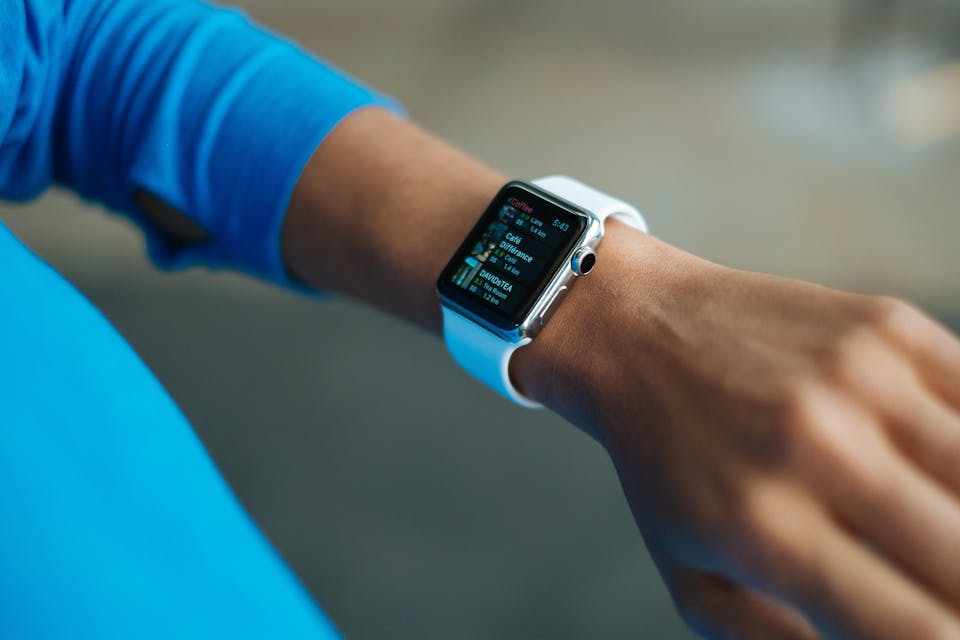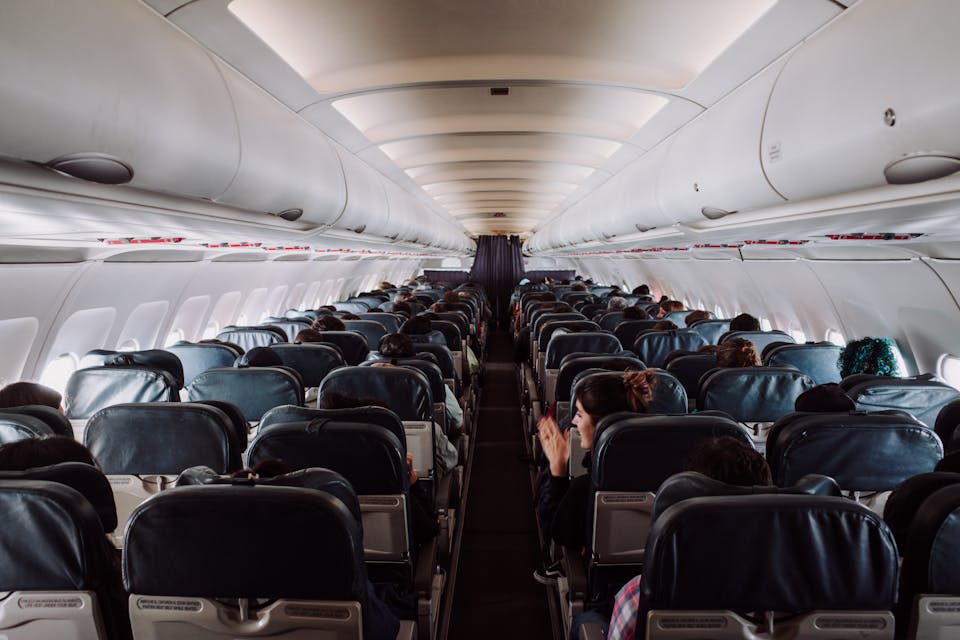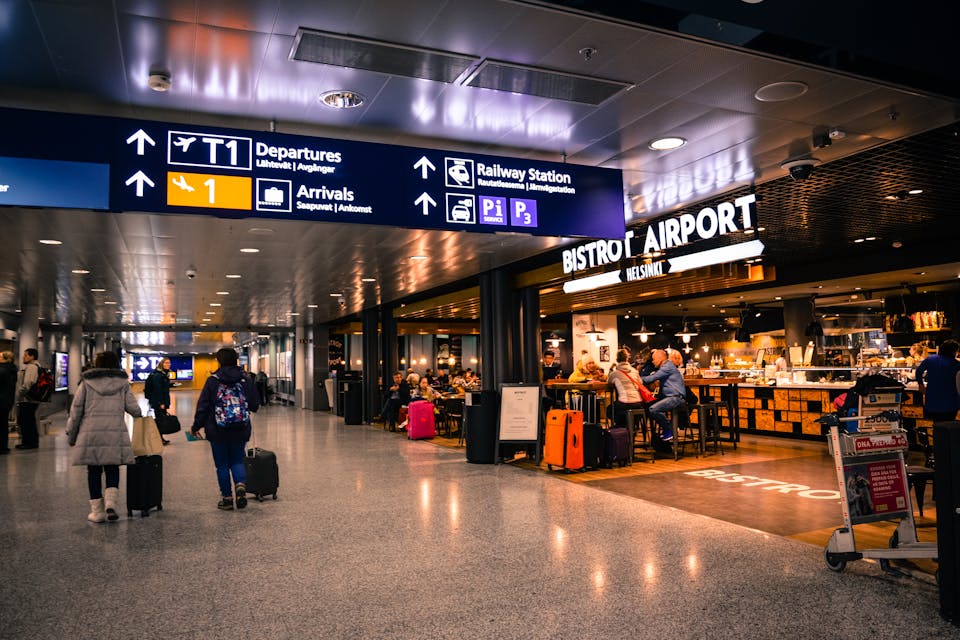How to Avoid Jet Lag: Proven Tips from Frequent Flyers to Stay Energized Anywhere in the World
There’s nothing worse than stepping off a long flight, finally arriving in a new country or city, only to feel like your brain is still at 35,000 feet. Jet lag, caused by rapidly crossing multiple time zones, can derail even the best-planned vacations or business trips. But it doesn’t have to.
Frequent flyers and seasoned globetrotters have figured out the science and art of how to avoid jet lag, and their methods go far beyond drinking coffee or catching a nap. This guide compiles expert tips and proven strategies to help you sync your body clock faster, boost your energy, and make the most of your time abroad.
What Causes Jet Lag?

Jet lag is the result of a misaligned circadian rhythm, your body’s internal 24-hour clock. When you quickly travel across time zones, your body continues operating as if you’re still in the departure zone. This can lead to fatigue, insomnia, brain fog, digestive issues, and irritability. The more time zones you cross, the more intense jet lag tends to be.
Proven Tips to Avoid Jet Lag
1. Start Adjusting Before You Leave — If you know you’ll be traveling east (which is generally harder on the body), start shifting your schedule gradually 3–5 days before departure. Go to bed and wake up an hour earlier each day. If you’re heading west, do the opposite—push your bedtime later in small increments. Pro Tip: Use a time zone calculator app like TimeShifter or Jet Lag Rooster to create a personalized schedule.
2. Pick Flights Strategically — Book flights that help you arrive at your destination in the early evening. This gives you a better chance of staying up until a local bedtime. Avoid red-eyes unless you’re confident you can sleep on planes. Bonus: Choose flights with minimal layovers to reduce overall travel fatigue.

3. Reset Your Watch at Takeoff — It might sound symbolic, but changing your watch or phone clock to the destination time as soon as you board helps mentally prepare you to switch time zones.
4. Sleep Smart on the Plane — If you need to sleep, bring a neck pillow, eye mask, noise-canceling headphones, and a lightweight blanket. Use earplugs or white noise apps to drown out disturbances. Avoid alcohol or caffeine, which disrupt sleep cycles.
Tip from frequent flyers: Take melatonin if recommended by your doctor. A 0.5 to 3 mg dose 30 minutes before bedtime at your destination can help realign your circadian rhythm.
5. Hydrate Like a Pro — Dehydration worsens jet lag symptoms. Drink water consistently before, during, and after your flight. Avoid alcohol and limit caffeine, which can both act as diuretics. Carry a reusable water bottle through the airport and fill it after security. Electrolyte powders or tablets can also help you rehydrate faster.

6. Move Around During the Flight — Sitting for too long doesn’t just increase your risk of blood clots—it also contributes to stiffness and fatigue. Walk up and down the aisle occasionally, stretch your legs, and do light ankle rolls or knee lifts to boost circulation.
7. Get Sunlight ASAP — Sunlight is your body’s natural cue to wake up and regulate melatonin production. After arriving, try to spend time outside—especially in the morning. A brisk walk in the daylight works wonders. If natural light isn’t an option (e.g., winter or urban locations), consider a portable light therapy lamp.
8. Avoid Napping When You Land — As tempting as it is to take a nap, resist the urge—especially if it’s not bedtime in your new time zone. Napping too early resets your body clock backward, prolonging jet lag. If you’re exhausted, limit naps to 20–30 minutes max.

9. Eat According to the New Time Zone — Meals play a big role in resetting your internal clock. Try to align your eating schedule with your destination’s local times. High-protein breakfasts help you stay alert, while carb-rich dinners can encourage sleep.
10. Use Natural Sleep Aids — Instead of sleeping pills, many travelers use chamomile tea, magnesium supplements, lavender oil, or even breathing techniques to wind down naturally. Apps like Calm or Headspace offer guided meditations and sleep sounds tailored for travelers.
Jet Lag Remedies Frequent Flyers Swear By
Compression socks: Reduce swelling and improve circulation
Blue-light blocking glasses: Great for nighttime screen use
Herbal supplements: Like valerian root or ashwagandha, used with medical guidance
Aromatherapy: Essential oils like peppermint or eucalyptus can boost alertness
Acupressure wristbands: Some flyers swear they reduce motion sickness and fatigue
Does Everyone Get Jet Lag?

Not necessarily. Some people are more susceptible due to age, general health, and travel frequency. Night owls may adapt faster to westward travel, while early risers may fare better going east. But nearly everyone can benefit from proactive steps to manage symptoms.
Jet Lag Myths to Ignore
“Just sleep it off.” Sleeping too long at the wrong time will only make symptoms worse.
“Drinking alcohol helps you sleep.” While alcohol might knock you out, it disrupts the quality of your sleep and leads to dehydration.
“There’s nothing you can do about it.” That’s outdated. With proper planning and consistency, you can drastically reduce or even eliminate jet lag.
Inclusive Travel Means Empowering Every Body
Jet lag doesn’t affect everyone the same. For travelers with chronic illness, neurodivergence, or sleep disorders, planning ahead is even more essential. Be kind to your body, speak with a doctor before using supplements, and allow yourself extra transition time when needed. Travel isn’t a race—it’s an experience meant to be enjoyed.
Own Your Time Zones to Avoid Jet Lag

Jet lag doesn’t have to be a dreaded part of long-haul travel. By shifting your mindset and applying the tried-and-true methods of frequent flyers, you can land refreshed, ready, and in sync with the world around you. Stay flexible, hydrate, get that sunshine, and most importantly—listen to your body.


